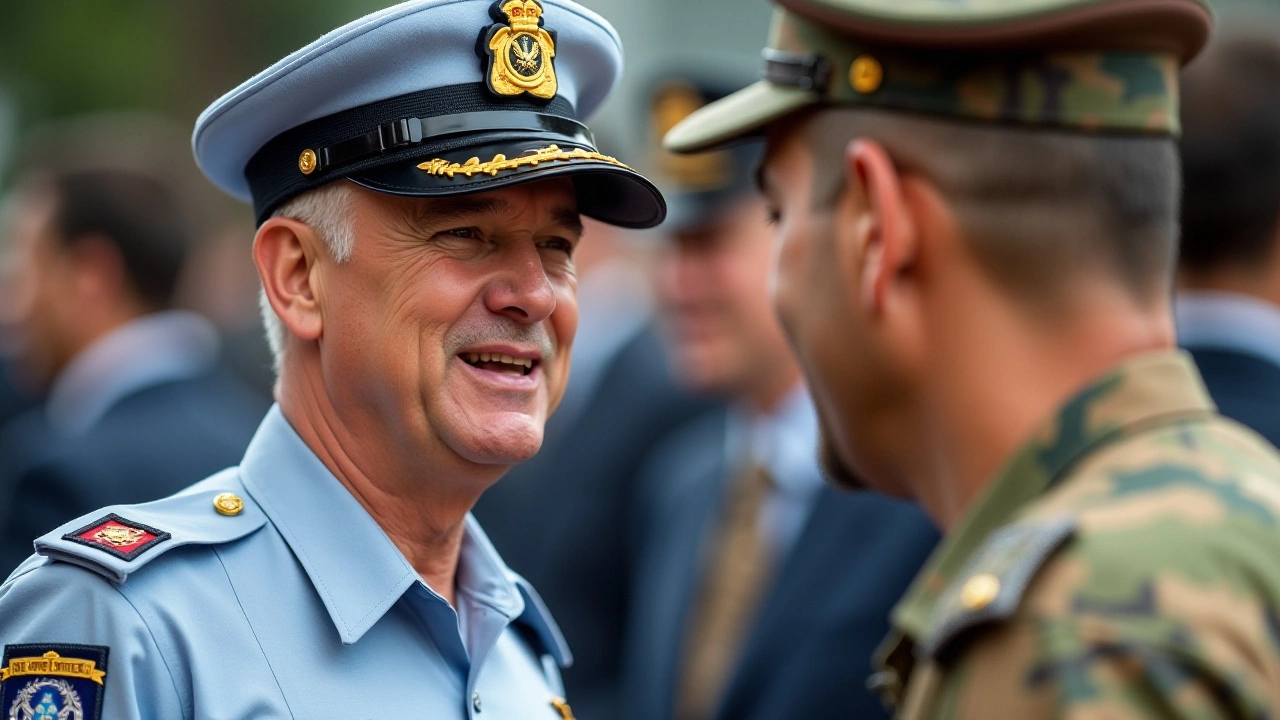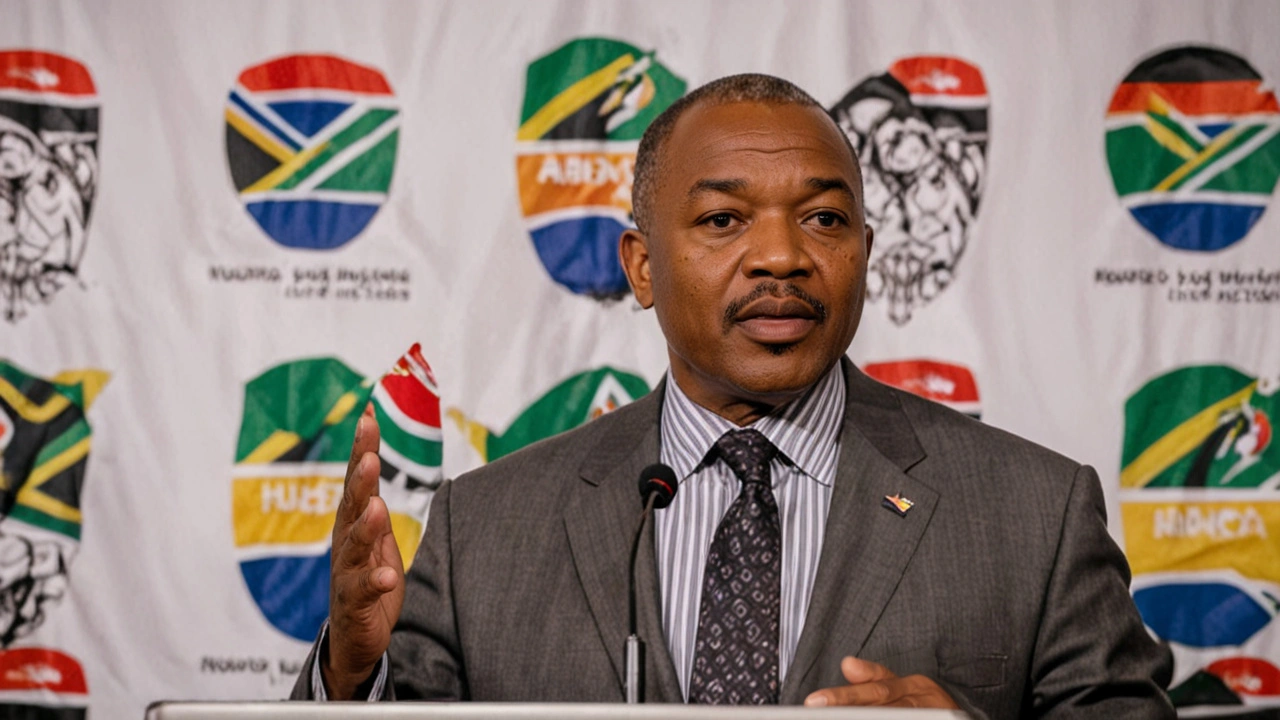Gang Violence in Cape Town: What's Happening and Why It Matters
Gang violence remains one of Cape Town’s most urgent challenges, shaping daily life in many neighborhoods. This isn't just about crime statistics; it’s about real people, families, and communities caught in the middle. From drive-by shootings to turf wars, the violence disrupts normal life, making safety a daily concern for residents.
The root causes of gang violence often tie back to social issues like poverty, unemployment, and lack of opportunities. When young people see few alternatives, joining gangs might seem like the only option. These groups don't just fight each other—they control drug trafficking, extort local businesses, and fuel cycles of fear.
How Gang Violence Affects Communities
The impact goes beyond immediate violence. Schools close early, businesses hesitate to invest, and trust between neighbors can break down. Residents often avoid certain areas, and the fear disrupts social cohesion. Families live with ongoing stress, unsure if their children will come home safe.
Law enforcement faces tough battles with well-armed gangs and community distrust. Policing strategies have to balance firm action with community engagement, but mistrust often makes cooperation hard. Without local support, gang networks remain strong and elusive.
What Can Be Done: Community and City Efforts
Stopping gang violence needs more than police raids; it requires changing the environment that breeds it. Programs focusing on education, youth mentorship, and job training show promise in giving alternatives to gang life. Community groups work hard to rebuild trust and offer safe spaces for youth.
City officials also push for stronger social services and improved economic opportunities. However, progress takes time, and success depends on ongoing commitment from residents, government, and law enforcement. Everyone has a role to play in turning Cape Town’s gang violence curve downward.
Understanding gang violence means seeing the full picture — it’s about causes, effects, and solutions. Staying informed and engaged helps build safer neighborhoods and gives hope for a future with fewer violent conflicts.
Kenya Refutes Allegations of Police Resignation in Haiti Amid UN Mission
The Kenyan government disputes claims of nearly 20 officers resigning due to pay delays and poor conditions in Haiti. Inspector General Douglas Kanja and MSS Force Commander Godfrey Otunge refute these claims, ensuring officers' salaries are up-to-date and dismissing allegations as inaccurate. The UN Security Council's mission seeks to restore peace in Haiti amid violent gang control.
Police Minister Raises Alarm Over Intensifying Gang Violence in South Africa
Police Minister Senzo Mchunu is alarmed by the escalating gang violence in South Africa, notably in the Western Cape. The spike is part of a broader increase in contact crimes, including murders and kidnappings. Mchunu acknowledges complaints about police inaction and alleged involvement in crimes. He has put forward plans to enhance law enforcement effectiveness.


